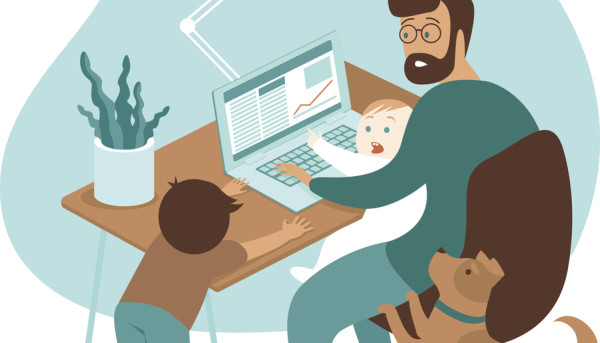Household Budgeting - How to Keep Your Family Finances on Track
An annual household budget can help your family keep its finances on track while helping you meet financial goals such as saving for a down payment on a house, vacation expenses or retirement savings.
Include all sources of income - both steady and variable income as well as debt payments, plus extras such as groceries, entertainment and shopping expenses.
Determine Your Priorities
Step one in managing family finances should be to identify your priorities. Gather together all decision makers within your household and discuss where you currently stand financially as well as desired future goals. Although it might feel uncomfortable initially, open communication channels must remain.
Once you know where you stand financially, it can be easier to develop a budget plan. Begin by tracking your spending for 60 days or reviewing past bank statements to identify how much is spent each month on necessities and wants.
Prioritize necessities over non-essential expenses like entertainment, dining out and debt payments in order to ensure financial security for you and your family. Once all essentials have been taken care of, focus on setting savings goals as a family for things such as a new home purchase, early retirement plans or family trips.
Track Your Expenses
No matter if it's with an expense tracker spreadsheet, budgeting app, or simply pen and paper in hand - tracking where your family's money is going is an essential first step towards changing how it's used. Many underestimate just how much they spend; having the facts will give you a good place to begin working from.
Begin creating your household budget by listing all sources of income for the month, including both regular paychecks and any extra cash from side hustles, garage sales or other ventures. Divide expenses into two categories - needs and wants. Fixed expenses such as mortgage or rent payments, utilities payments and insurance typically remain relatively consistent from month to month while variable expenses like food and clothing could vary more significantly month-by-month.
If your wants are depleting your budget, set goals together to regain financial control. Perhaps tightening up for a period or taking on additional work will help achieve financial goals faster.
Set Savings Goals
Once you have an accurate understanding of your family expenses, it's time to set savings goals. According to Payne, setting savings goals "is a great way to get everyone engaged in money conversations." He recommends categorizing expenses into four groups: fixed expenses; living expenses; discretionary purchases and savings accounts. Fixed expenses would include items like housing payments; food; daycare fees and debt payments while living expenses include necessities that fluctuate month to month and discretionary purchases such as entertainment or membership costs.
To save money on these items, plan your meals ahead, shop sales and limit cable, subscription services and impulse online purchases. Examining past expenses tracking will also provide insights into where expenses should be reduced; using Shoeboxed to keep track of receipts and bills makes the process even simpler.
Make a Plan for Unexpected Expenses
Tracking expenses is the foundation of an effective household budget, whether using spreadsheets, budgeting apps like Mint or YNAB or simply writing them down in a notebook. While tracking can be time consuming and cumbersome, its purpose lies in creating one based on accurate information - many underestimate their spending so having precise details will allow you to determine whether your family is living within its means or not.
Make a list of all sources of income, from regular paychecks and side hustles for both partners to dividends from investments or savings accounts, sale proceeds of household assets, etc. When listing expenditures - from coffee and daily necessities like clothing at the mall to major purchases like an upgrade on your car - be sure to categorize each expense so it's easier to compare, reexamining those that seem unnecessary or inexcusable where necessary, then set short-term and long-term financial goals so life doesn't throw them off track as quickly. Having clear goals can keep everyone accountable when life gets hectic -











